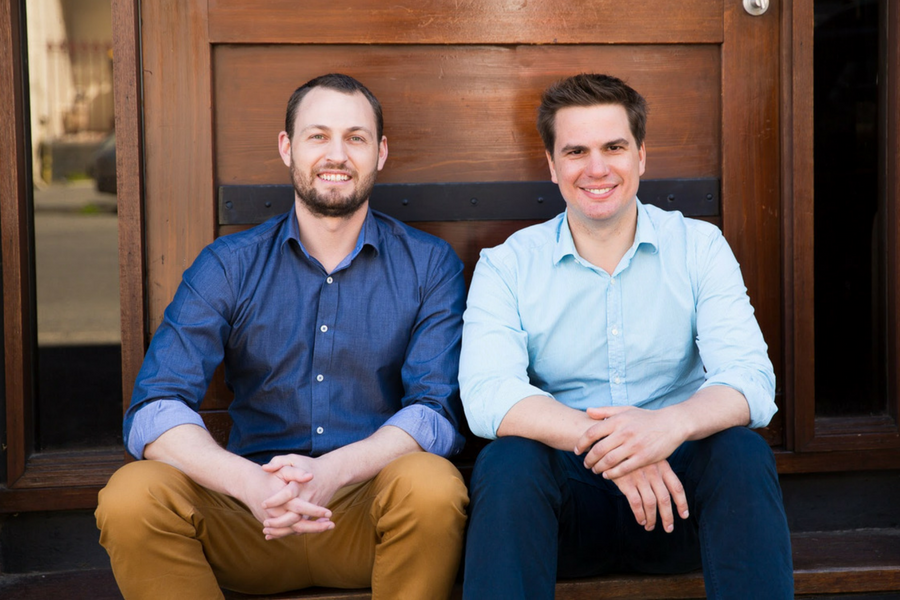Most of us have a dream of one day owning our own home, but with the cost of house prices at an all time high, the millennial dream is being squashed more than a smashed avocado on toast.
First home buyers are being priced out of the housing market, and now make up only 10 percent of property buyers, down from 25 percent in 2009. With the median house price in Sydney over $1 million, more than 50 percent of first home buyers are getting their parents to ‘shell out’ and buy them their first home. According to Prime Minister Malcolm Turnbull that’s what parents of today have to look forward to with their kids.
However if you’re like me and your parents aren’t willing to ‘shell out’ and you have yet to become self made or marry rich, then how is it possible to even step foot in the property market?
The gap that stands between millennials and the property market is where new Melbourne startup CoHome has decided to step in. Still in concept stage, CoHome is looking to help millennials co-own a home with their friends, enabling everyone to pitch in and invest.
CoHome is looking to take advantage of the sharing economy and make it easier for millennials to get a head start in the property market, without relying on a spouse or their parents.
Founder of CoHome, Josh Littin said in coming up with the idea the team started looking at how they could open up the option of people buying houses together, to not only increase their buying power, but allow them to live where they want.
“There’s heaps of people who live in flats at the moment with their friends and are paying away a lot of money in rent, especially in Melbourne and Sydney, and they’re paying off someone’s mortgage. We are trying to create a way to make it a bit easier for them to buy together,” said Littin.
In creating the platform, CoHome has attained a credit license and already has a range of different lenders and mortgage brokers ready to negotiate loans. As this will be the first time for customers buying into a property, CoHome is looking to partner with legal startup LawAdvisor to assist people with ongoing legal help.
While these documents and contracts do already exist, CoHome is bundling them all together to make them easily accessible and affordable. To attain a tenant share contract, millennials are looking at paying thousands of dollars in fees. CoHome is working with a major law firm in Melbourne to provide a more dynamic contract free of charge to its customers.
In looking to simplify the process of buying a property CoHome has created an easy to navigate UX and UI, based on what millennials are used to. For people interested in co-owning a home with their friends, CoHome provides a platform for people to discuss housing options and pricing splits.
Once a user has registered they can invite their friends onto the site, where each fills out a basic liability form, filling in their age, gender, job and income. Once the form has been completed, one of CoHome’s lending partners will be in contact to talk through property options and the next stages of the process.
“At this stage it’s very much a blend of online and offline, it’s important to give buyers as much information as possible,” explains Littin.
Once a property has been agreed upon by each member a payment option is negotiated, and once confirmed a contract is sent to each member via email to sign.
CoHome is currently creating an easy to navigate dashboard where friends can register and view the progress of one another in real time. Littin said that in the future CoHome also wants to help millennials find the right property for them, and is looking at building in property search functionality within the dashboard. Littin explained that CoHome aims to plug in home buying services like Domain to create additional features and functionality.
While for millennials this concept may sound like the one they have been waiting for, the challenge CoHome faces is educating the older generation.
“The challenge is selling the concept, and if you talk to anyone over 35 they say they would never do that. So there’s a real target market between 25 to 35 that we need to educate them to consider this as a viable option,” said Littin.
If the concept wins over the millennial generation then Littin will look at expanding into other high priced housing markets like New Zealand and the UK.
Image: Josh Littin and Damian Horton. Source: Supplied.




















Trending
Daily startup news and insights, delivered to your inbox.